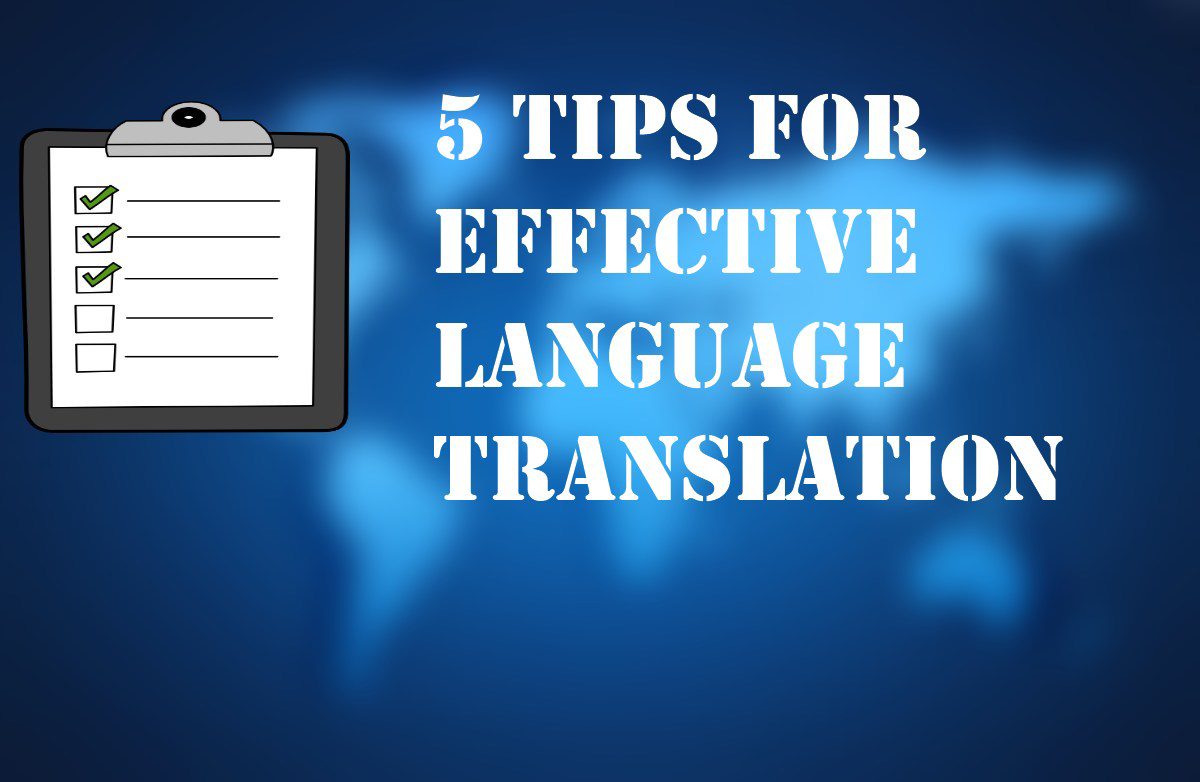Global marketing of a product does not mean that the product is just marketed to the global market – the local market must be considered and maintained at the same time.
It is just as important to understand the needs of your local market as the global one and develop a suitable approach to the marketing of your product. You understand far more easily how your local market behaves than a market in an overseas country. Your local market is ready and waiting for you to approach them with a new product line. You can promote it easily in the language that you both understand. You know what medium of advertising works to attract your local customers whether it is a television campaign, a shopping mall marketing event or a street event where prizes are given away as a promotional stunt.
Going global and reaching out to customers far and wide is a complex undertaking. You have to learn what sector of the global market you are targeting. It might differ from the characteristics of you local market. You will have to get a team of NAATI translators on the job translating you product into suitable languages with appropriate style and tone to suit your global customers.
For global marketing to work you have to have a global team out on the job learning about your potential market so that the certified translation services you choose to do your translation work know what calibre of language to use in translations.
Most important is being actively involved in any marketing approach so that you are aware of any problems that may arise including the monitoring of any immigration translation services you use to help you get across your marketing messages to your potential customers.
When a marketing campaign has been completed, whether to your local or overseas customers, it is important to call a meeting to appraise the campaign so that any mistakes can be corrected before any future campaigns are initiated.












